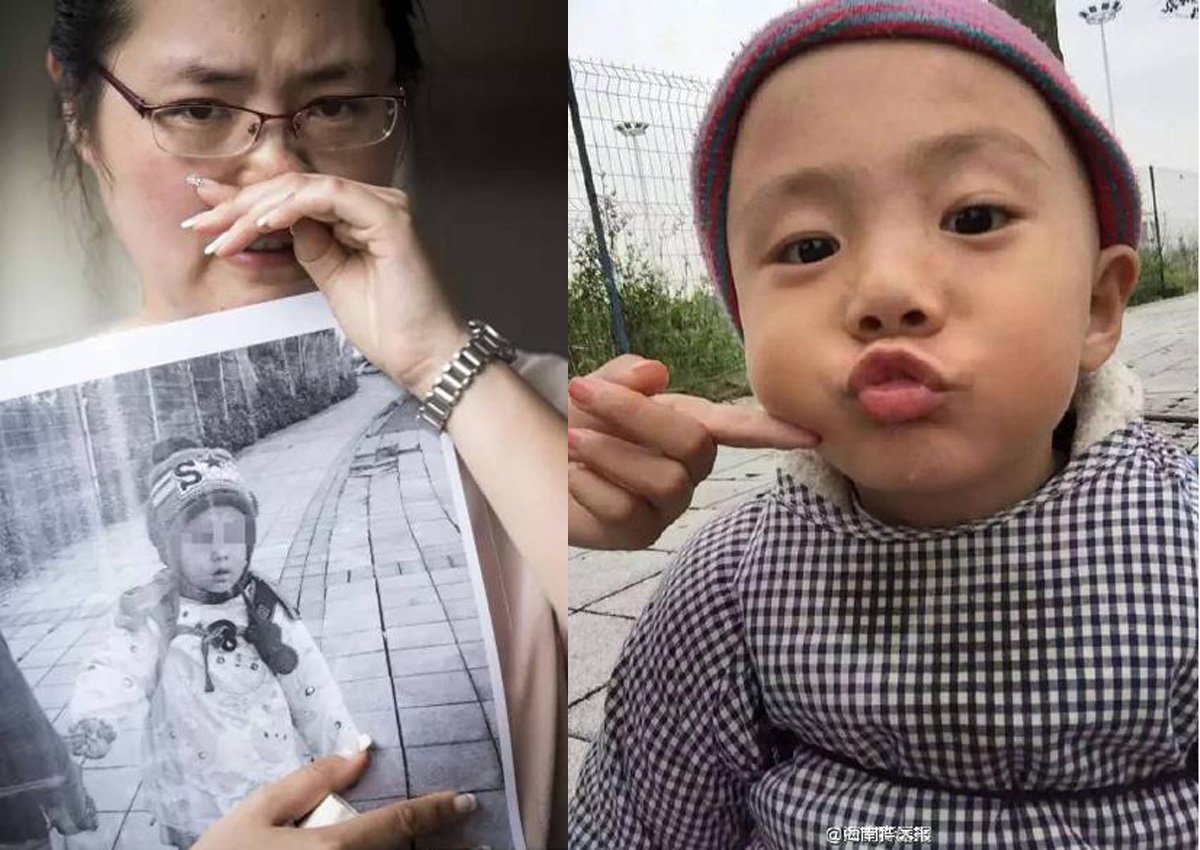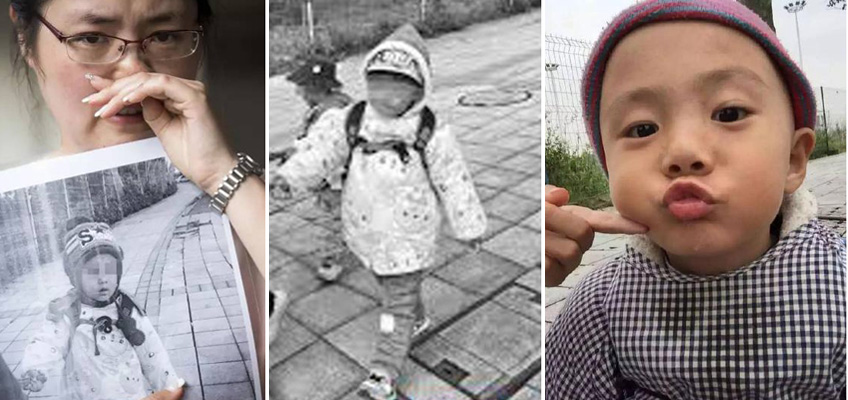The parents of a boy who died in a centre for children with autism have hired a lawyer to help collect evidence against the institution.
Zhang Wei, mother of Lai Rijia, also hired a local medical institution to conduct an autopsy to find the real reason for her son’s death.
He would have turned four years old in a month.
Zhang, from Dandong, Liaoning province, sent her son to the Tiandizhengqi centre in Guangzhou’s Panyu district on March 2. She was informed that he had died on April 27.
The boy suffered from a fever and was pronounced dead after he was sent to a hospital at about 11pm.
Doctors said Lai had inflammation of the brain; bleeding lungs; and hand, foot and mouth disease. The boy had been unconscious for more than 30 minutes before he was sent to the hospital.
Zhang said her son suffered from light autism and she had sent him to the centre after it promised to help cure him.
“The treatment includes marching 10 to 20 kilometres a day,” Zhang said.
A training record provided by Zhang showed that the boy participated in a 10-kilometre run in the morning and a 9-km run in the afternoon on April 26, one day before his death, Nanfang Metropolis Daily reported on Wednesday.
The centre closed on Wednesday and the more than 10 other children under its programme were sent home.
Zhang has vowed to sue the centre, reported Shanghaiist.
According to The Global Times, the institution was not registered with Guangzhou Civil Affairs Bureau and private rehabilitation firms are not required to abide by any industry regulations.
Zhang questioned whether the centre, which opened in 2013, was qualified to cure autism, because it is registered only as a health centre with the local industrial and commercial administration.
Various departments, including industrial and commercial administrations and police, have promised to launch a further investigation.
Zou Xiaobing a senior doctor in children’s development at the Third Affiliated Hospital with Sun Yat-sen University, asked why the centre could promise it could cure autism through a camp and field training involving long distances.
“New methods need to be proven effective before they are used to cure children’s autism,” Zou said.
Li Xiaofeng, another senior pediatrician at the hospital, said 20 kilometres of camp and field training a day is too much for children who are still growing.
“Children under 12 should not run more than 1,000 metres at a time, or their health might be damaged,” he said.








